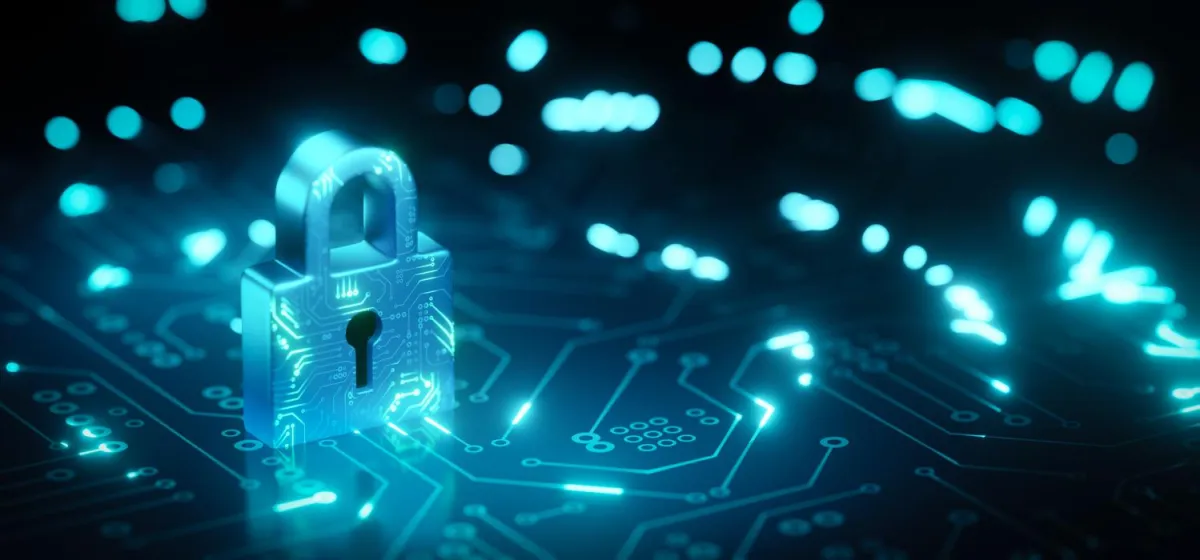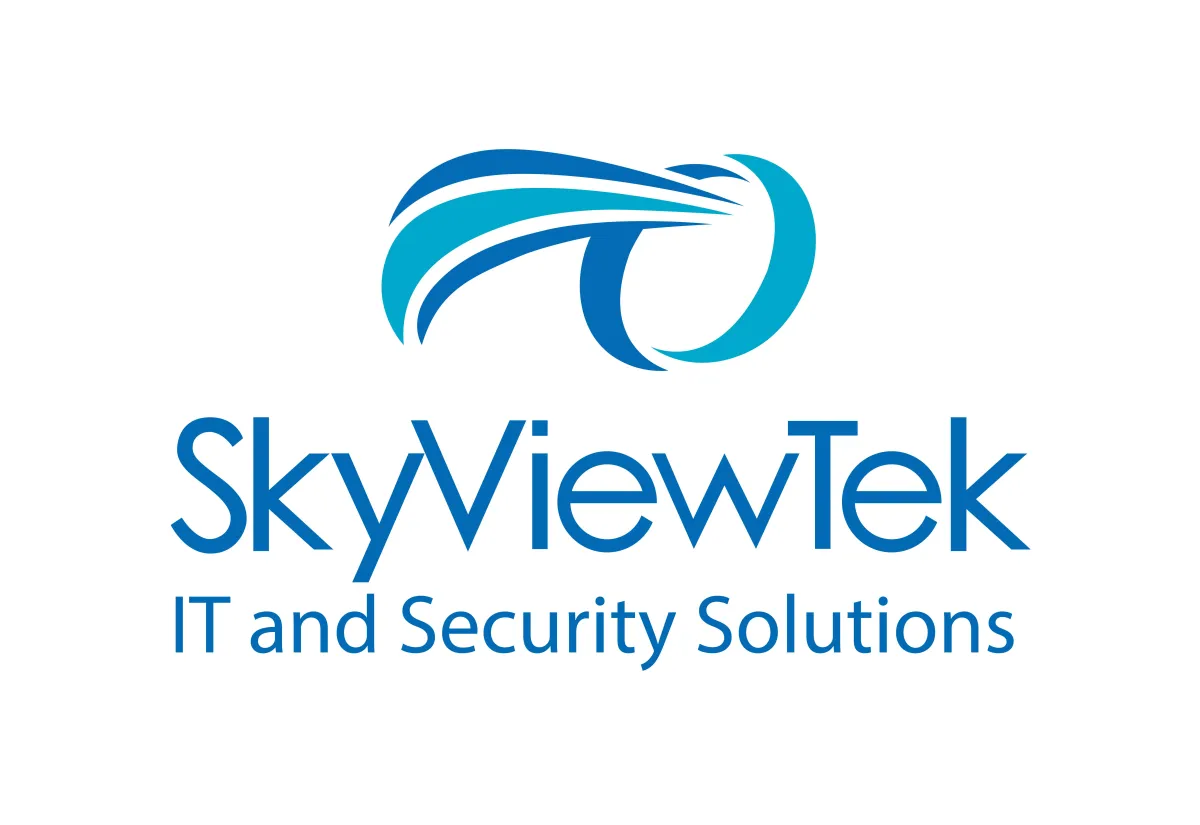
Tek Blogs
Keep up on the latest tech trends with our informative IT blogs.

Boost Your Cybersecurity Awareness with These 4 Tips
Cybersecurity Awareness Month 2024
As we enter October, Cybersecurity Awareness Month 2024 kicks off, focusing on equipping businesses with the knowledge and tools they need to combat online threats. This annual event is all about providing businesses with resources to enhance the cybersecurity knowledge of their staff and customers. Launched in 2004, Cybersecurity Awareness Month continues to grow, spotlighting the critical role that people play in keeping digital environments secure.
By prioritizing the human element, businesses and individuals alike can make informed decisions that lead to safer online practices. Here are four key strategies you can implement to improve your cybersecurity awareness.
Get all these tips and more in our Cybersecurity Tips E-Guide

1. Enable Multi-Factor Authentication (MFA)
Multi-Factor Authentication (MFA), sometimes referred to as two-factor authentication, is an increasingly popular security feature among businesses. With MFA, users must verify their identity with two distinct methods, adding an extra layer of protection and making it more difficult for cybercriminals to access sensitive data.
Common forms of MFA include:
Biometric identifiers, such as fingerprint or facial recognition.
A secondary PIN code, requested after a password entry.
A personal security question chosen by the user.
A code sent via text or email to confirm the user’s identity.
Be sure to use MFA wherever possible to bolster your network's security.
2. Use Strong, Unique Passwords
Your passwords serve as the gateway to your online accounts and are vital for safeguarding your digital presence. They are often your first line of defense against potential cyberattacks.
To create strong passwords, keep the following best practices in mind:
Length: Aim for at least 12 characters in each password.
Uniqueness: Avoid reusing passwords, and ensure they are all distinct.
Complexity: Include a combination of uppercase and lowercase letters, numbers, and symbols.
A password that is long, unique, and complex provides robust security and often doesn’t need to be changed unless a breach occurs or you receive notification of unauthorized access.
3. Be Wary of Suspicious Links
Cybercriminals often employ phishing attacks to trick unsuspecting users into clicking harmful links in emails, aiming to steal sensitive data or install malware. If an email seems suspicious or “phishy,” it’s best to avoid clicking on any links or attachments.
4. Keep Your Software Updated
Regularly updating your software is a crucial step in maintaining your cybersecurity. Software updates often include patches and fixes that address vulnerabilities, making it harder for hackers to exploit your system. If you can, enable automatic updates to ensure your business is always running the latest, most secure version of any software. This goes for software on your computer, including your operating system, as well as the plugins and software on your website. When things are out of date, they are susceptible to hacks.
How We Can Assist You
Cybersecurity Awareness Month is the perfect time to reflect on your organization’s cyber readiness. If you’re unsure about your current security practices or would like additional training for your team, reach out to us. We’ll help you assess your risk and develop a stronger cybersecurity strategy.
For more tips on cybersecurity awareness and training, explore our blog section.
And don't forget to download the Cybersecurity E-Guide!

